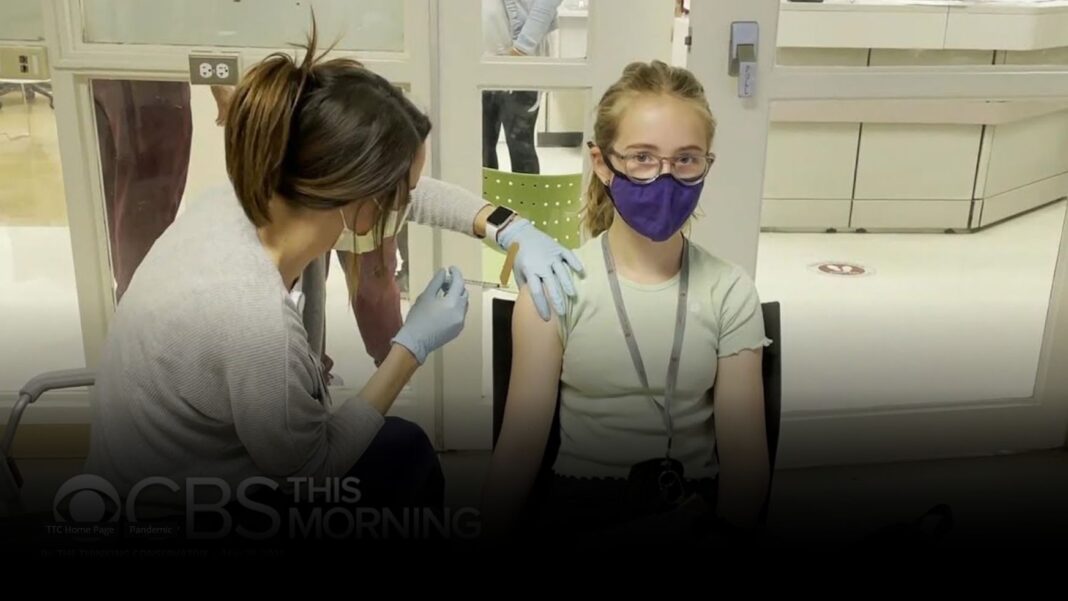Attorney General Ken Paxton sued Facebook’s parent company for the unlawful capture of personal biometric data.
Meta Platforms has agreed to pay $1.4 billion to settle a lawsuit brought by the state of Texas over its unauthorized capture and use of the personal biometric data of Facebook users, Texas Attorney General Ken Paxton’s office announced Tuesday.
In a 2022 lawsuit, Mr. Paxton accused Facebook’s parent company of using facial recognition technology to collect biometric data of more than 20 million Texans without their permission. The information was captured in photos and videos uploaded to the social media platform, according to the 29-page lawsuit.
The settlement is the largest obtained in a lawsuit brought by a single state, according to Mr. Paxton’s office.
“After vigorously pursuing justice for our citizens whose privacy rights were violated by Meta’s use of facial recognition software, I’m proud to announce that we have reached the largest settlement ever obtained from an action brought by a single State,” Mr. Paxton said. “Any abuse of Texans’ sensitive data will be met with the full force of the law.”
A Meta spokesperson told The Epoch Times that the company was glad to resolve the issue with the state of Texas.
“We are pleased to resolve this matter and look forward to exploring future opportunities to deepen our business investment in Texas, including potentially developing data centers,” the spokesperson said in an emailed statement.
The spokesperson noted that the agreement was not an admission of any wrongdoing.
The Texas lawsuit was the first major case brought and settled under the state’s 2009 Capture or Use of Biometric Identifier Act, making it unlawful to use facial recognition software to capture and store data without lawful consent. The law provides damages of up to $25,000 for each violation. According to the court documents, Facebook captured the biometric data through a feature known as “tag suggestions,” which was first rolled out in 2011.
According to the court documents, Facebook captured the biometric data through a feature known as “tag suggestions,” which was first rolled out in 2011.






